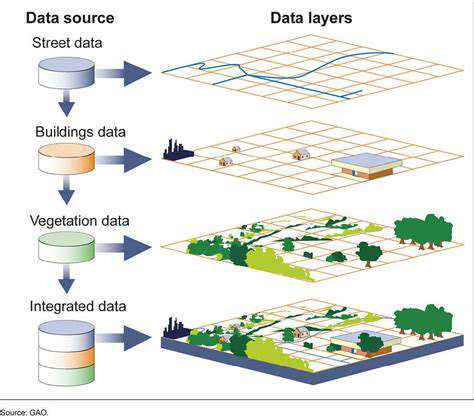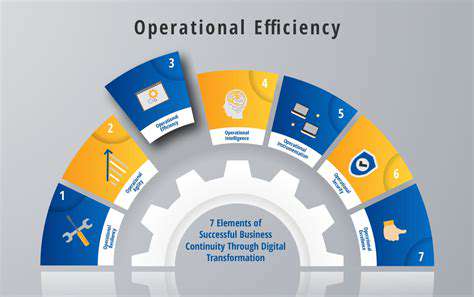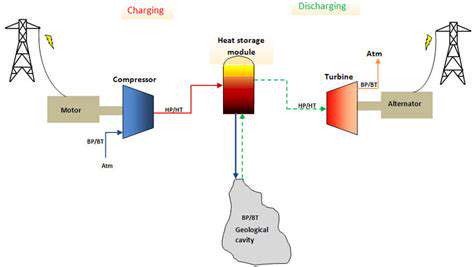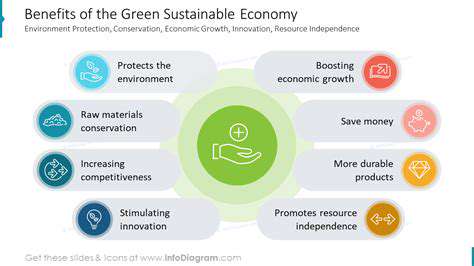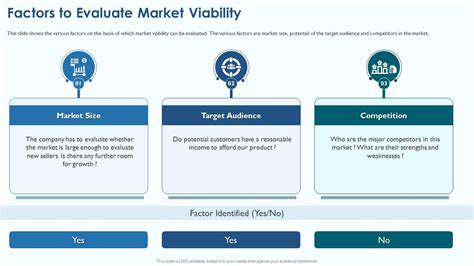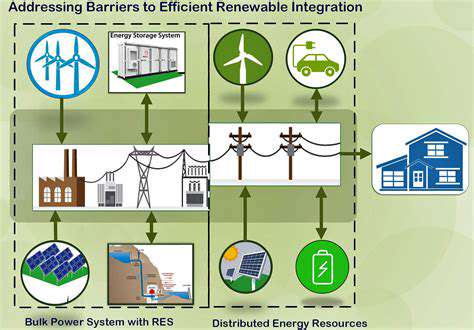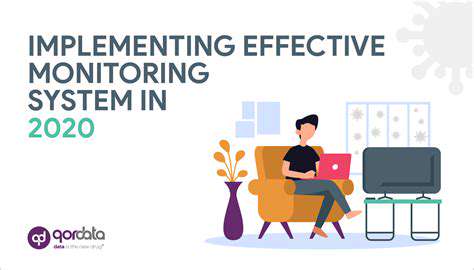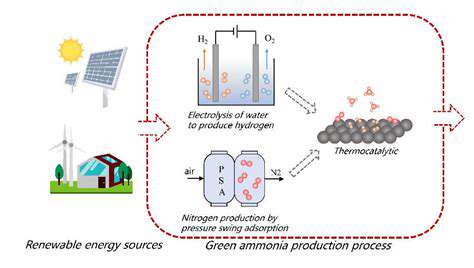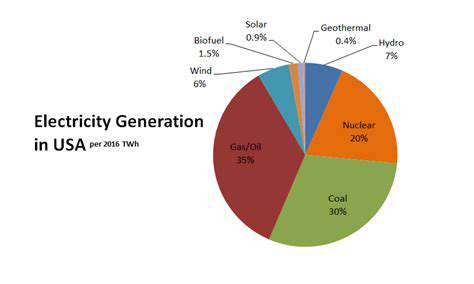The Evolution of Battery Management Systems in Energy Storage

AI-Powered Predictive Maintenance
Artificial intelligence (AI) is poised to revolutionize battery management systems (BMS) by enabling predictive maintenance. AI algorithms can analyze vast amounts of data from various sources, including sensor readings, operational history, and environmental conditions, to identify subtle patterns and predict potential failures before they occur. This proactive approach allows for timely intervention and minimizes downtime, maximizing the lifespan and efficiency of the battery pack.
Predictive maintenance using AI can significantly reduce the cost of repairs and maintenance, as well as minimize the risk of unexpected battery failures. This is especially crucial in critical applications like electric vehicles and stationary energy storage systems where downtime is costly and potentially dangerous.
Enhanced Safety Features
AI-driven BMS systems can enhance safety features by monitoring battery parameters in real-time with exceptional precision. This constant monitoring allows the system to detect anomalies and deviations from normal operating conditions, such as overheating, overcharging, or abnormal voltage fluctuations, significantly reducing the risk of thermal runaway and other hazardous events. By quickly identifying and reacting to these anomalies, safety is dramatically improved.
Improved Efficiency and Performance
AI algorithms can optimize battery performance by dynamically adjusting charging and discharging profiles based on real-time conditions. This optimization can lead to significant improvements in energy efficiency and overall performance. For example, the system can predict optimal charging times and rates, minimizing energy waste and maximizing usable capacity.
AI-powered BMS systems can also adapt to varying environmental conditions, further enhancing efficiency and performance. This adaptability is crucial in fluctuating temperature environments, where batteries are particularly susceptible to degradation.
Data-Driven Optimization
AI's ability to analyze large datasets allows for continuous optimization of battery management strategies. By analyzing historical data on battery performance, usage patterns, and environmental factors, the system can identify trends and make adjustments to optimize battery lifespan, performance, and safety.
This data-driven optimization approach allows BMS systems to adapt to changing conditions and user behaviors, ensuring optimal performance under various operational scenarios. This ongoing adaptation is vital for long-term battery health and reliability.
Advanced Diagnostics
Advanced diagnostics capabilities are a significant benefit of AI-integrated BMS systems. AI algorithms can analyze complex sensor data to identify the root cause of issues more rapidly and accurately. This is particularly useful in complex battery packs with numerous cells, where pinpointing the source of a problem can be challenging.
This enhanced diagnostic capability allows for quicker and more targeted repairs, minimizing downtime and reducing the cost of maintenance. It also helps in understanding the degradation patterns of individual battery cells.
Personalized Battery Management
AI can personalize battery management strategies based on individual user needs and usage patterns. This personalized approach considers factors like driving habits, charging frequency, and environmental conditions to optimize battery performance and lifespan for specific applications and users.
This customization is particularly beneficial in electric vehicles, where individual driving styles can vary significantly. Personalized management optimizes energy usage and extends the battery's lifespan, leading to a more satisfying user experience.
Enhanced Scalability and Flexibility
AI-powered BMS systems offer enhanced scalability and flexibility in addressing the demands of various battery sizes and configurations. This adaptability allows for easy integration into diverse applications, from small-scale energy storage solutions to large-scale electric vehicle fleets.
The flexibility and scalability of AI-powered BMS systems are crucial for accommodating future advancements in battery technology and evolving user demands.
